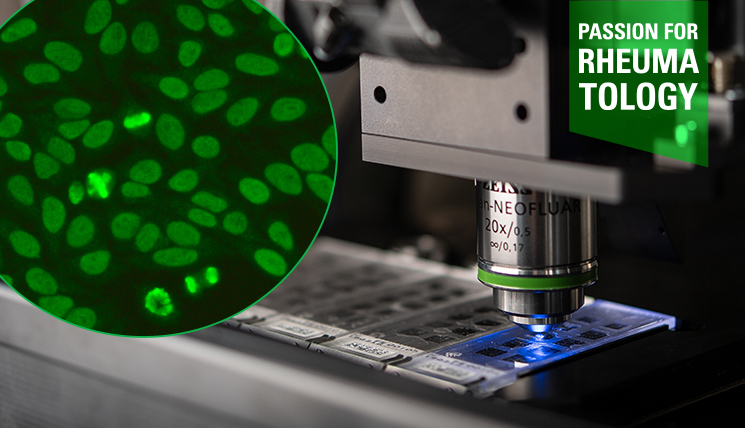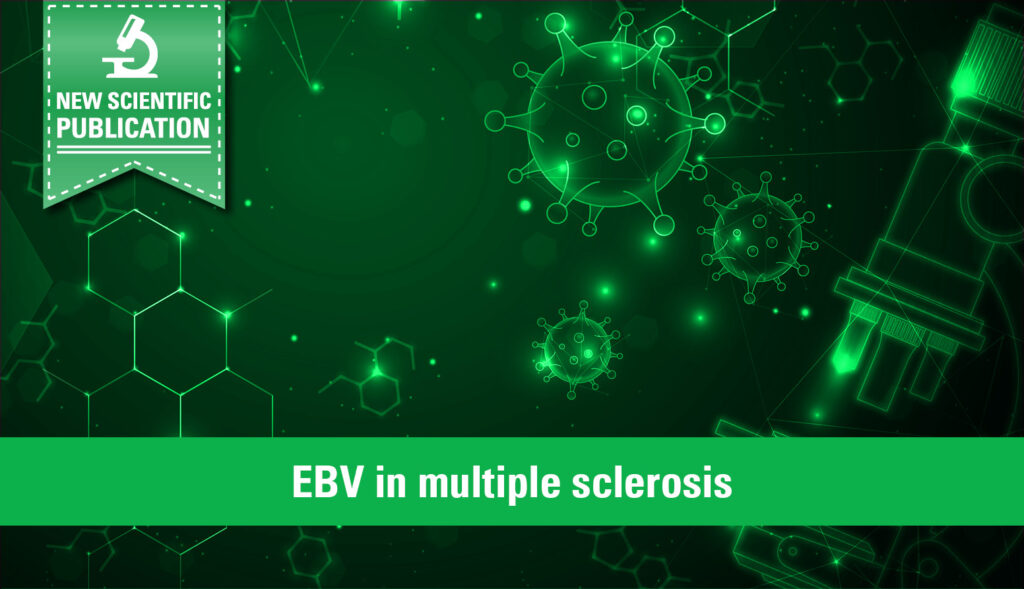Cough, sore throat, headache, runny nose, fever… It must be COVID-19! This is an easy assumption to make considering the ongoing presence of the coronavirus SARS-CoV-2. However, the described symptoms are also typical symptoms of respiratory infections that may be caused by many other respiratory viruses. Worldwide, human rhinovirus (HRV), human metapneumovirus (HMPV) and respiratory syncytial virus (RSV) are the main viruses causing respiratory infections in humans of all age groups. When temperatures drop, infection numbers rise. Influenza virus and RSV are particularly widespread at the moment. In Germany, the number of acute respiratory infections (ARI) is currently above the level of previous years. Also the number of doctor visits has increased significantly compared to the same time in pre-pandemic years (cf. weekly report on ARI for calendar week 47, 2022-47.pdf (rki.de) [in German]). Due to the heightened awareness among the population during the COVID-19 pandemic, people are more likely to see a doctor for cold symptoms, also to find out the cause of their unspecific respiratory symptoms. The number of hospitalisations due to severe respiratory infections in children (< 15 years of age) and elderly people (> 80 years of age) is currently also rising. Children up to primary school age are particularly affected and suffer on average from three to ten respiratory infections with fever per year. Most of these infections are caused by viruses, but exact diagnosis and distinction from bacterial infections can be difficult. In many cases, unnecessary antibiotic treatment is initiated, increasing the risk of antibiotic resistances, which are posing a major challenge for healthcare systems as regards bacterial disease control.
In addition to the advantages for the individual patient, the use of multiplex test systems also has benefits in terms of hospital hygiene: An immediate, clear diagnosis of an infection with a respiratory virus can, for example, help to choose appropriate infection control and patient isolation measures, thus reducing the risk of spreading the virus and avoiding unnecessarily long hospital stays in patients who are already vulnerable.
EUROArray PneuVir
EUROIMMUN has developed a new PCR-based multiplex test: the EUROArray PneuVir. The test system allows to detect 17 respiratory viruses in just one analysis. The differential diagnostic approach facilitates quick virus identification and may thus help to rule out a bacterial infection. This in turn contributes to a targeted treatment of respiratory infections and prognosis evaluation.
The direct detection includes the following parameters: SARS-CoV-2, influenza virus types A and B, respiratory syncytial virus, parainfluenza virus types 1 to 4, other human coronaviruses (229E, NL63, HKU-1 and OC43), metapneumovirus, adenovirus, entero- and rhinoviruses, bocavirus as well as parechovirus. In the EUROArray procedure, pathogen-specific regions of the viral genetic information in nasopharyngeal swabs of the patients are transcribed into DNA, amplified using multiplex polymerase chain reaction (PCR) and subsequently specifically bound on a BIOCHIP microarray slide and detected by means of fluorescence labelling. The evaluation, interpretation and archiving of results are performed fully automatically using the EUROArrayScan software, ensuring a high level of standardisation and objectivity.
COVID-19 diagnostics
The EUROArray PneuVir is a supplement to EUROIMMUN’s product portfolio for the direct detection of respiratory viruses, which also includes the EURORealTime SARS-CoV-2 and the EURORealTime SARS-CoV-2/Influenza A/B for RT-PCR detection in COVID-19 (differential) diagnostics. Another recently added detection method is the EURORealTime SARS-CoV-2 Fast, which allows an accelerated SARS-CoV-2 detection within 45 minutes (reverse transcription and RT-PCR) [or] in under an hour.
In the context of the COVID-19 pandemic, EUROIMMUN has not only developed test systems for acute diagnostics but also a broad portfolio for serological COVID-19 diagnostics, enabling a comprehensive analysis of the acquired immune response following SARS-CoV-2 infection or vaccination.






